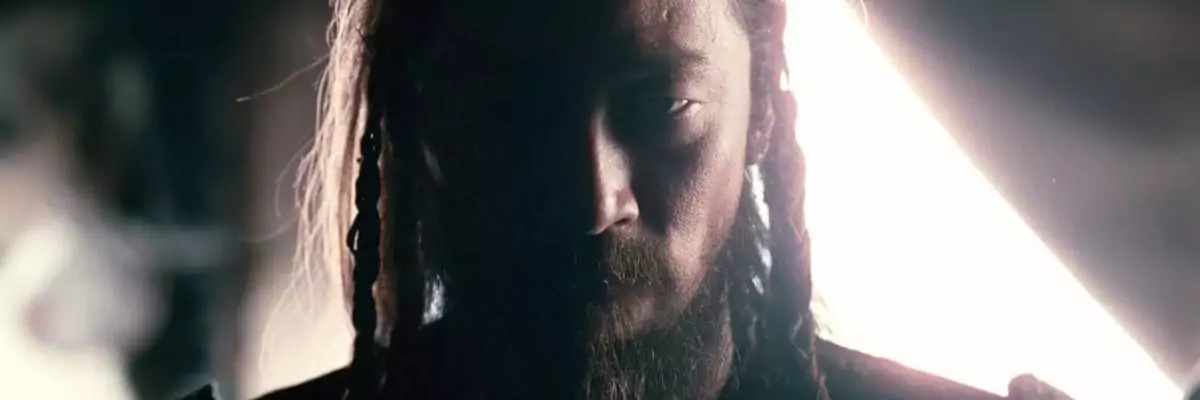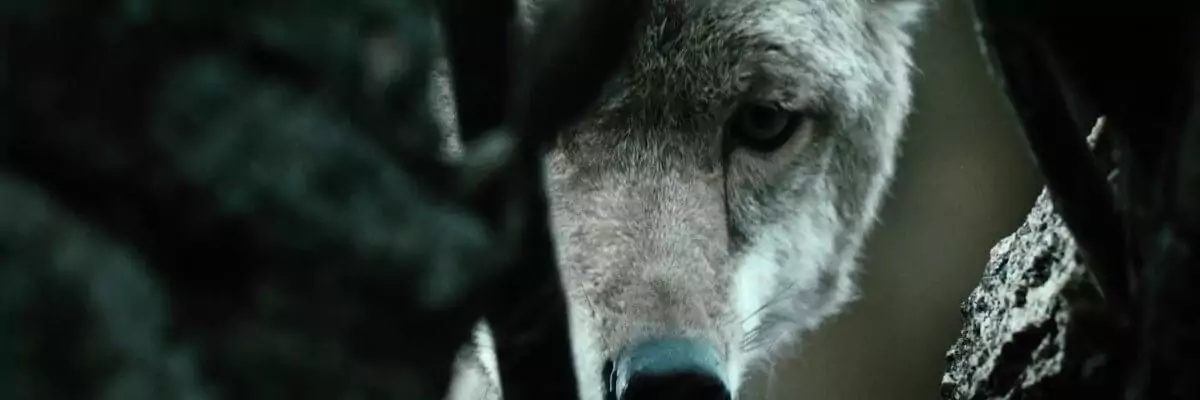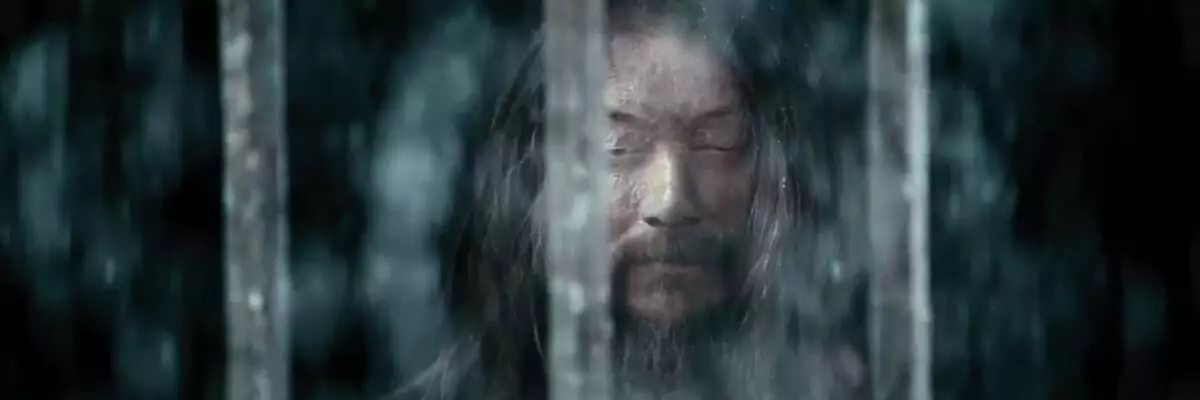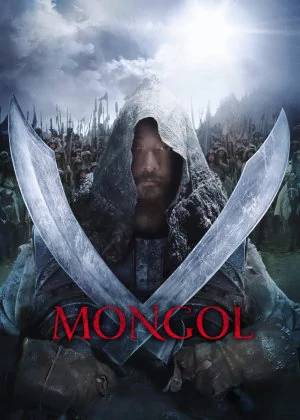Mongol
When I watched Sergei Bodrov's Mongol in theaters some 10 years ago, my sole reason for going was Tadanobu Asano's involvement. I was (still am) a big fan of the actor and watch pretty much everything he appears in. What I discovered though was a raw, gritty and relentless epic about one of history's biggest warlords. A figure mostly recognized for his barbaric methods, at least in Western media. As I'm cycling through my old favorites one by one, it was time to give Bodrov's stately masterpiece another whirl.

Genghis Khan is someone who does gets mentioned in Western history books, but never in a very positive way. He is usually described as a cruel and barbaric warlord from some faraway country. As we all know though, history books can be pretty biased, if only because they tend to tell only half a story. Which is exactly why a film like Mongol is valuable. Genghis Khan is celebrated as a hero in his homeland and even though Mongol probably isn't 100% historically accurate either, it does paint a very different picture of the man that used to be little more than a foreign villain to the West.
Mongol was supposed to be the start of a trilogy. While the film performed rather well, critiques from the Mongolian press regarding the accuracy of the film stifled Bodrov's plans for a sequel. There have been rumors that a follow-up is still up for discussion, but so far there are no concrete plans to start working on it. This goes a long way to explain why Mongol doesn't recount Genghis Khan's greatest victories, instead focusing on his rise to power. The film stops where most films would start, but that's definitely part of the appeal here. It's not your typical historic biopic.
The film begins with Genghis Khan (still known as Temujin back then) as a little kid. After his father got killed and his tribe was annexed, Temujin's mom sent him off into the wilderness to escape the clutches of their conquerors. He manages to escape and learns to fend for his own, but later returns to claim his chosen wife. There's a lot of back and forth with Temujin and his wife being separated several times, highlighting the cycle of death and revenge that held back the unison of the different Mongolian clans for a long time, though the focus remains firmly on Temujin's personal adventures.

For a film that wasn't shot in black and white (or any other monochrome variant), Mongol is probably one of the most colorless films I've ever come across. Colors are very muted, greys and blues dominate the color palette and even the weather is appropriately bleak most of the time. People dress is dark hides and animal skins, so not much color there either. Add some snowy winter scenes and you'll get an atmosphere that underscores the harsh and unfavorable circumstances these people faced living on the barren planes of Mongolia.
The music is an extension of the visuals. There are some traditional Mongolian touches (like the typical throat singing) and some dark ambient soundscapes, but also more traditional film compositions. Bodrov strikes a fair balance between the two and the music never gets overly epic or dominant. The dark vibe remains a constant and even though the soundtrack lives mostly in the background, it holds its own and does its share to strengthen that gritty atmosphere.
Usually I prefer some ethnic consistency in the casting, but for once I wasn't too bothered by the fact that some characters and actors don't have matching nationalities. It definitely helps that everyone speaks the Mongolian language, though I can't really vouch for the success of the accents. It's just that Tadanobu Asano has this primordial quality that fits Genghis Khan's persona like a glove. His rugged exterior, his broke voice and almost animal-like way of portraying emotions are all right on point. Honglei Sun is the perfect adversary for Asano and Khulan Chuluun delivers a strong performance as Temujin's wife, keeping the quality of the secondary cast high.

Stylistically Bodrov did a real great job, but what makes Mongol stand out is way more circumstantial. Because the film was set up as a trilogy and because the next parts never happened, the focus of the film is very different from its peers. Mongol zooms in on Temujin hardships as a kid and his long journey to overcome them, one step at a time. While those elements are usually condensed in the first quarter of a biopic, followed by some typical rise and fall drama, here it makes up the entire film. Some might feel they're missing out on the most important part of the story, but I found it refreshing.
Mongol isn't visionary, nor is it very original. It is really well made though and it offers an interesting look into the life of a historic figure whose one-dimensional reputation in the West is often taken for granted. Cinematography, score and acting all play their part in the portrayal of the rugged and uninviting setting that serves as a living and breathing backdrop for Temujin's rise to power. It's a film with very few flaws and some smart angles, that aptly sets itself apart from its many peers. One of the best historic epics I've come across.
